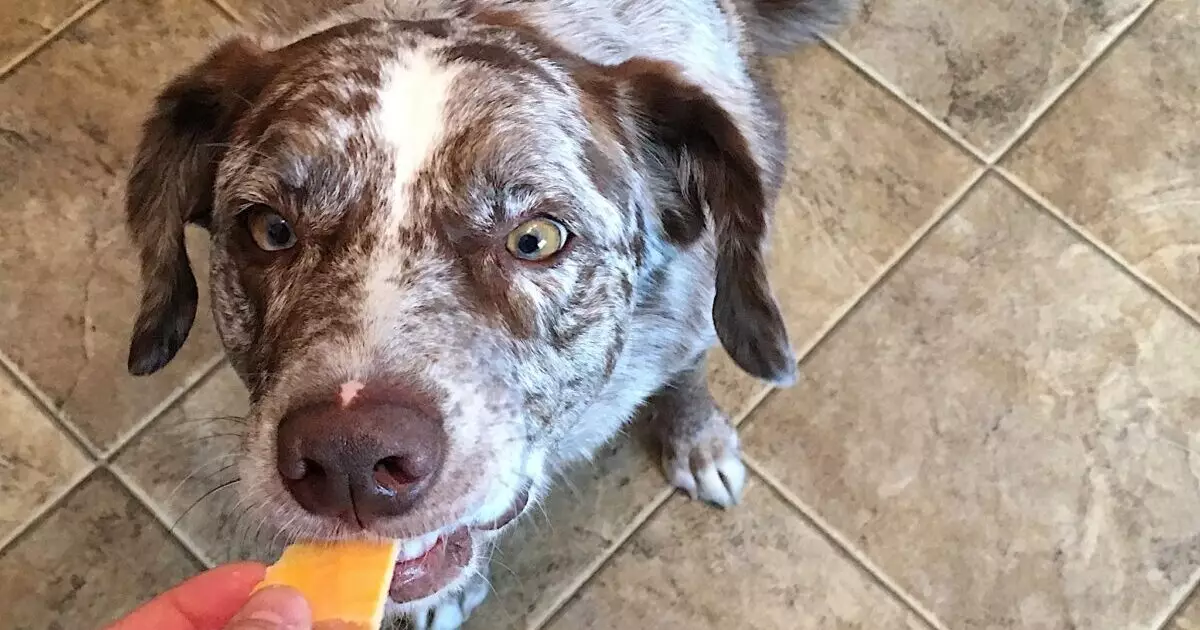As loving dog parents, we encounter all sorts of adorable quirks from our furry companions, but dog flatulence may well rank as one of the most infamous. The shocking smell of a pup’s gas can be enough to clear a room faster than most folks can say “Fido.” This natural, if sometimes embarrassing, phenomenon is often a byproduct of poor dietary choices. While most canine owners are familiar with their pet’s gastrointestinal habits, not everyone realizes just how much the types of food they offer contribute to this smelly situation. Understanding what foods lead to increased gas is crucial for nurturing a happy and healthy pet.
The Culprits: Foods That Trigger Stinky Gas
Certain foods are particularly notorious for causing gas in dogs. Many dog owners unknowingly feed their pets ingredients that lead to discomfort and odorous emissions. Dairy products often top the list. Much like some humans, many dogs are lactose intolerant, which means they struggle to digest milk and its derivatives. When dairy enters their system, the lactose is broken down by gut bacteria, leading to an unfortunate buildup of disagreeable gases. Fortunately, recognizing this fact can help pet owners make informed choices about what to feed their dogs, helping to eliminate dairy from their diets and reduce the number of unfortunate gas incidents.
Just as important as eliminating dairy is the reign of expired dog food in your house. While dry food may appear perfectly edible well beyond its expiration date, its quality deteriorates over time. The essential fats break down into rancid byproducts that could not only create gaseous problems but also lead to severe digestive issues, such as diarrhea. It’s essential to store dog food correctly in airtight containers and monitor expiration dates to ensure your pup is always eating fresh, nutritious meals.
Can Soybeans Cause Gas? Understanding Protein Sources
The trend of incorporating soybean products into dog food has sparked a debate among pet owners. While some claim soybeans serve as a healthy protein source, many dogs find them difficult to digest. Unlike humans, canines lack the enzymes to adequately break down the proteins in soy. This poor digestibility can result in excessive gas production, leaving pet owners searching for a solution to the unpleasantries that accompany it. Opting for protein sources that are more suitable for dogs, such as chicken or beef, may produce fewer unwanted side effects while still providing essential nutrients.
Moreover, human processed foods can pose a similar threat to your dog’s digestive system. Despite their apparent safety, rich and fatty human foods often wreak havoc on a dog’s stomach. While dogs can consume carbohydrates safely, excessive carbohydrates from processed sources might lead to gas in their systems. Therefore, pet owners ought to be cautious, ensuring that any food items they share with their dogs align with healthy and nutritious principles.
Mindful Treating and Portion Control
Carnivorous canines may love the joy of treats, but extreme vigilance regarding portion control is needed when indulging them. High-quality dog treats usually indicate moderate serving sizes, but owners often overlook these recommendations. Overfeeding treats filled with gas-inducing ingredients might lead to unfortunate gastrointestinal issues, so it’s crucial to adhere to the guidelines set by the manufacturers. When giving table scraps, one must definitely be wary of beans, which are notorious for causing gas in both dogs and humans alike.
Additionally, many budget dog foods pack their ingredients with fillers, preservatives, and low-quality grains, primarily to bulk up the content and make the food economical. Not only do these cheap options lack the nutrition dogs need, but they may also aggravate the digestive system, leading to gassiness, bloating, and other uncomfortable symptoms.
Embracing Healthier Choices to Reduce Flatulence
Despite the challenges they present, our beloved doggies remain worth every waft of unpleasant gas that slips out. The key lies beyond merely living with this nuisance; pet owners can actively seek healthier dietary options. By switching to high-quality, fresh dog food made from human-grade ingredients, owners may frequently find that their furry friends will experience fewer problems altogether. Considering options like Ollie, which offers nutrition specifically designed for canine digestion, can drastically improve their overall health beyond just reducing flatulence.
Prioritizing our canine companions’ wellbeing should ignite our curiosity to explore optimal feeding practices. With dedication to providing them wholesome, nutritious food, we could alleviate both the unpleasant odor and contribute positively to their digestion and overall health. It’s worth taking these steps—as both pups and their loving owners deserve a happier, healthier experience!

